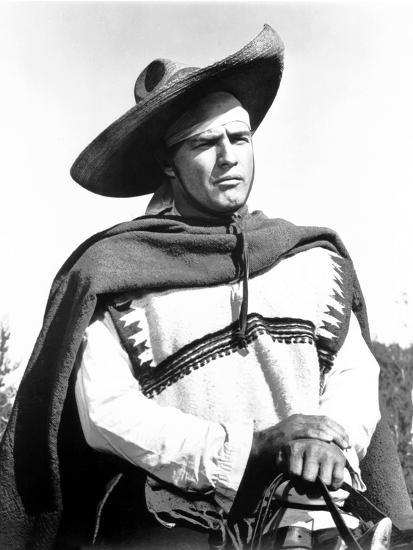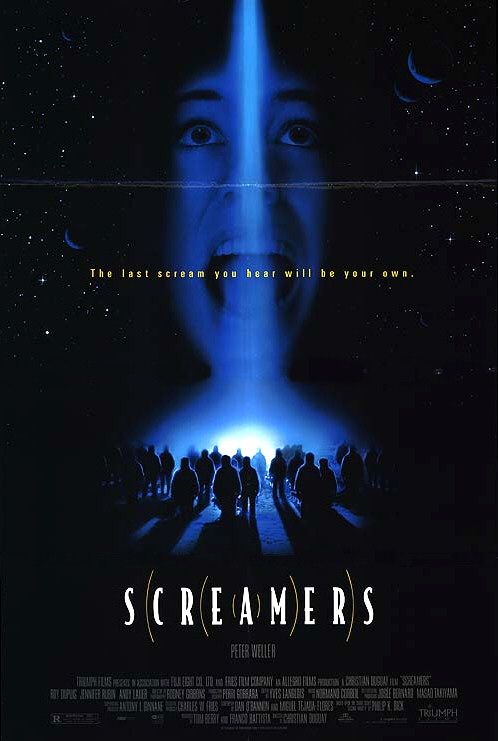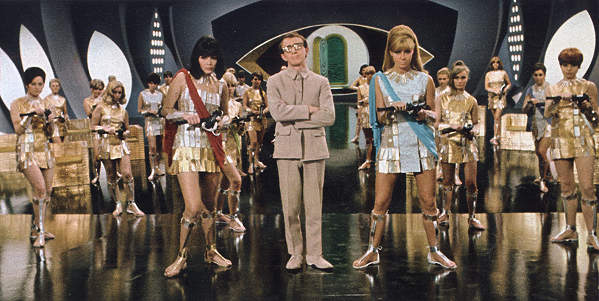7/10

One of Marlon Brando’s lesser-known films, THE APPALOOSA (98 mins., 1966) is a fascinating western. This Universal production stars Brando as a wayward soldier who returns to his home along the Mexican border, only to run into trouble from a bandit (John Saxon) along the way who steals his horse. Vowing to get it back, Brando’s Matt Fletcher travels down to Mexico for a showdown with the villain and his “pistoleros,” ultimately receiving help from his lover (Anjanette Comer) who wants desperately to leave him.
Made at a crossroads between old-fashioned Saturday Matinee genre fare and the blooming Spaghetti Western market, “The Appaloosa” is something different altogether – a stylishly shot picture with distinctive visuals courtesy of director Sidney J. Furie and ace cinematographer Russell Metty. Coming fresh off “The Ipcress File” (and years before his hackneyed ‘80s work on the likes of “Superman IV”), Furie utilizes Metty’s striking widescreen lensing to capture every close-up and detail of what’s an otherwise fairly straightforward story, scripted by James Bridges and Roland Kibbee from a Robert MacLeod novel. This isn’t a Leone-wannabe but rather a moody and interesting attempt to naturally tell a well-worn western story in realistic terms, even within its very traditional genre framework.
Brando has several memorable lines and Saxon and Comer are both superb opposite him. The tuneful Frank Skinner score is also memorable, even if you’d wish the story weren’t so perfunctory (something that could have given the music more opportunity to carry the film) and the pacing occasionally sluggish.
Ultimately, “The Appaloosa” may be “minor Brando” but it’s a film that’s well worth a viewing, and Kino Lorber’s Blu-Ray gives viewers the chance to see the picture in a 1080p (2.35) AVC encode that preserves the film’s scope visuals. The Universal master is a bit worn and the colors probably faded from what they ought to be, but this is still a satisfying presentation even if the source elements are aged. The trailer and a new commentary from Cinema Retro’s Lee Pfeiffer and Paul Scrabo round out the release.


